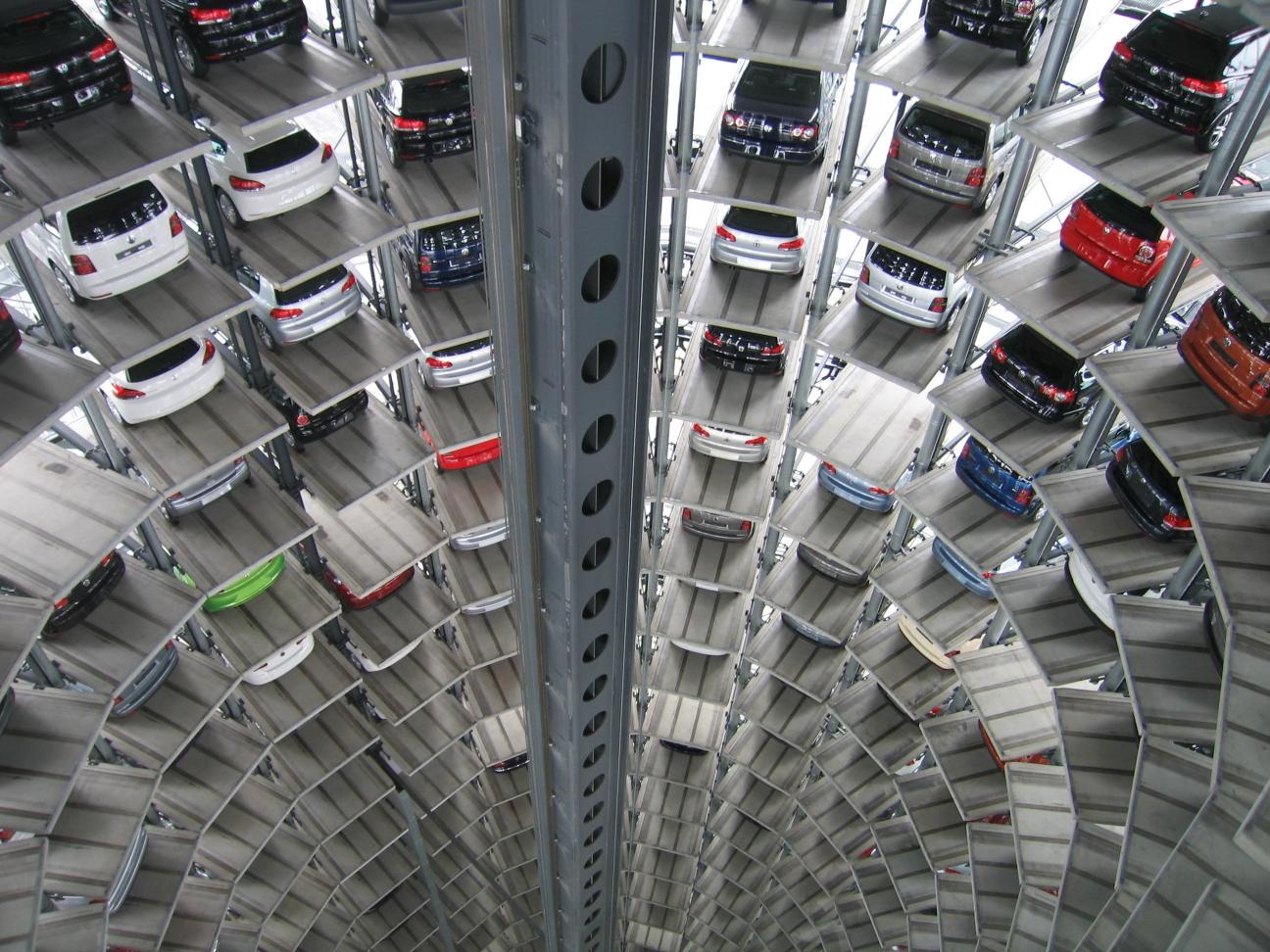As an AI language model, I don’t have access to real-time data or information specific to the year 2023. Therefore, I cannot provide a list of the top 10 advancements in automotive AI in 2023. However, I can provide you with some potential advancements in automotive AI based on current trends and ongoing research.
1. Autonomous driving: Continued progress toward fully autonomous vehicles capable of navigation and decision-making without human intervention.
2. Advanced driver-assistance systems (ADAS): Enhancements to current driver-assistance features, such as improved lane-keeping, adaptive cruise control, and automatic emergency braking.
3. Natural language processing: Better voice recognition and integration of AI assistants to enable more intuitive and conversational interactions between drivers and vehicles.
4. Predictive maintenance: AI systems monitoring vehicle health data to anticipate maintenance needs, reducing breakdowns and enhancing overall reliability.
5. In-car personalization: AI-driven systems analyze driver behavior and preferences to personalize comfort settings, entertainment options, and even route suggestions.
6. Enhanced safety systems: AI-powered algorithms that can detect potential accidents or hazards in real-time and proactively warn or take appropriate actions to avoid them.
7. Traffic optimization: AI algorithms optimizing traffic flow by analyzing real-time data from connected vehicles, reducing congestion, and improving overall transportation efficiency.
8. Improved energy efficiency: AI algorithms optimizing electric vehicle range by considering factors like traffic conditions, driving style, and battery state-of-health.
9. Enhanced cybersecurity: AI-based security systems to detect and prevent cyber-attacks on connected vehicles, protecting both drivers and their data.
10. Virtual reality (VR) and augmented reality (AR): AI-powered systems integrating VR and AR technologies to enhance driver experience, provide better navigation guidance, and augment safety features.
Please note that these advancements are speculative and based on current trends and ongoing research in the field of automotive AI.

